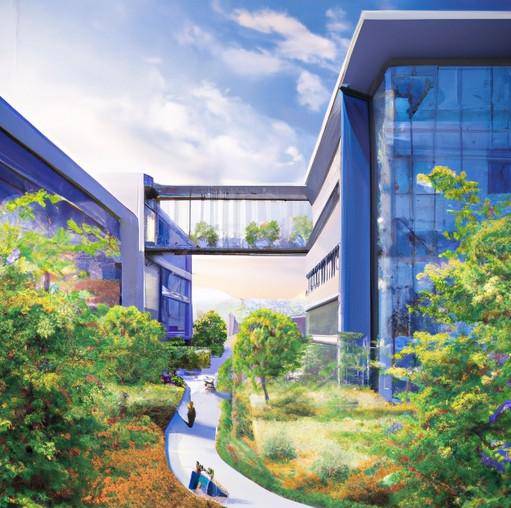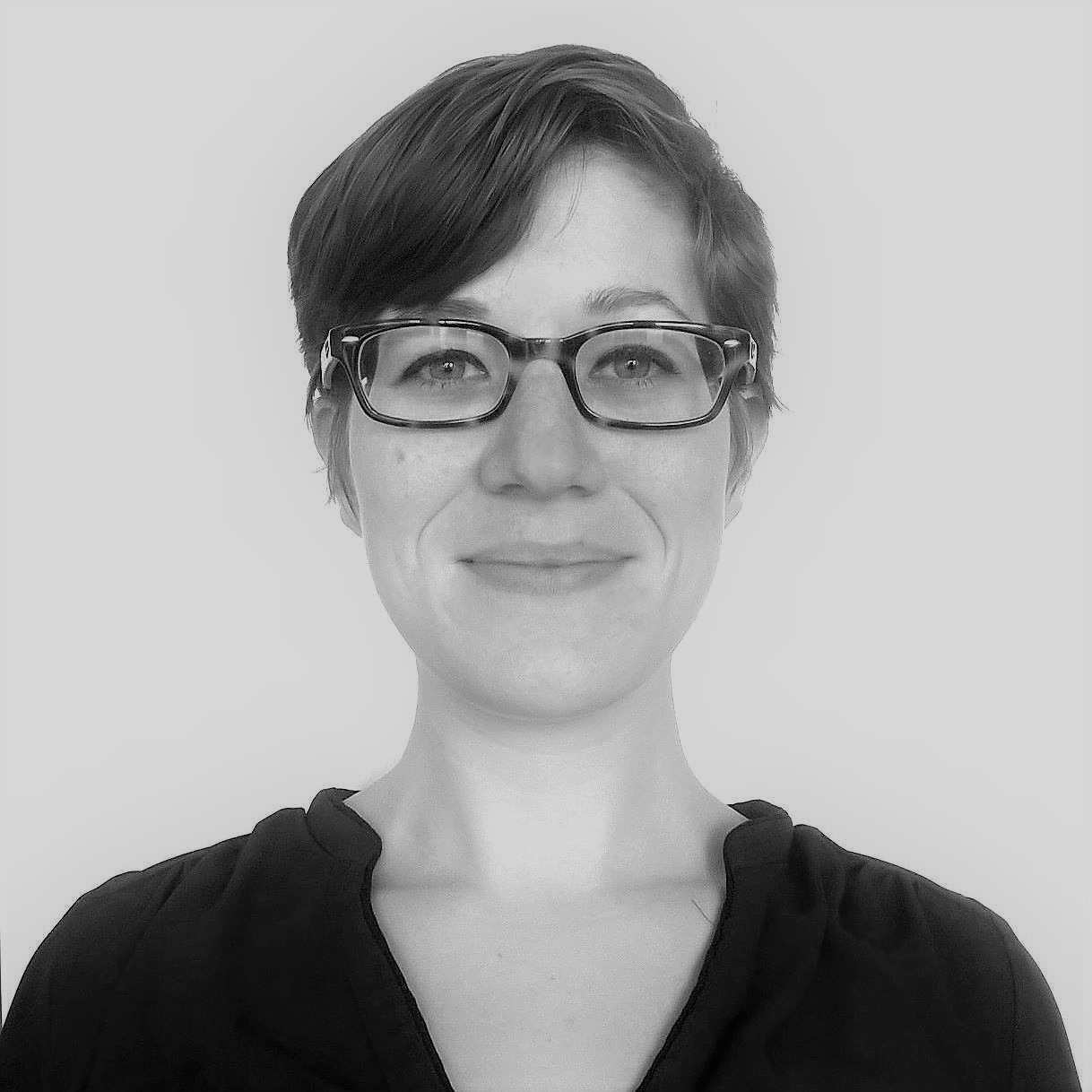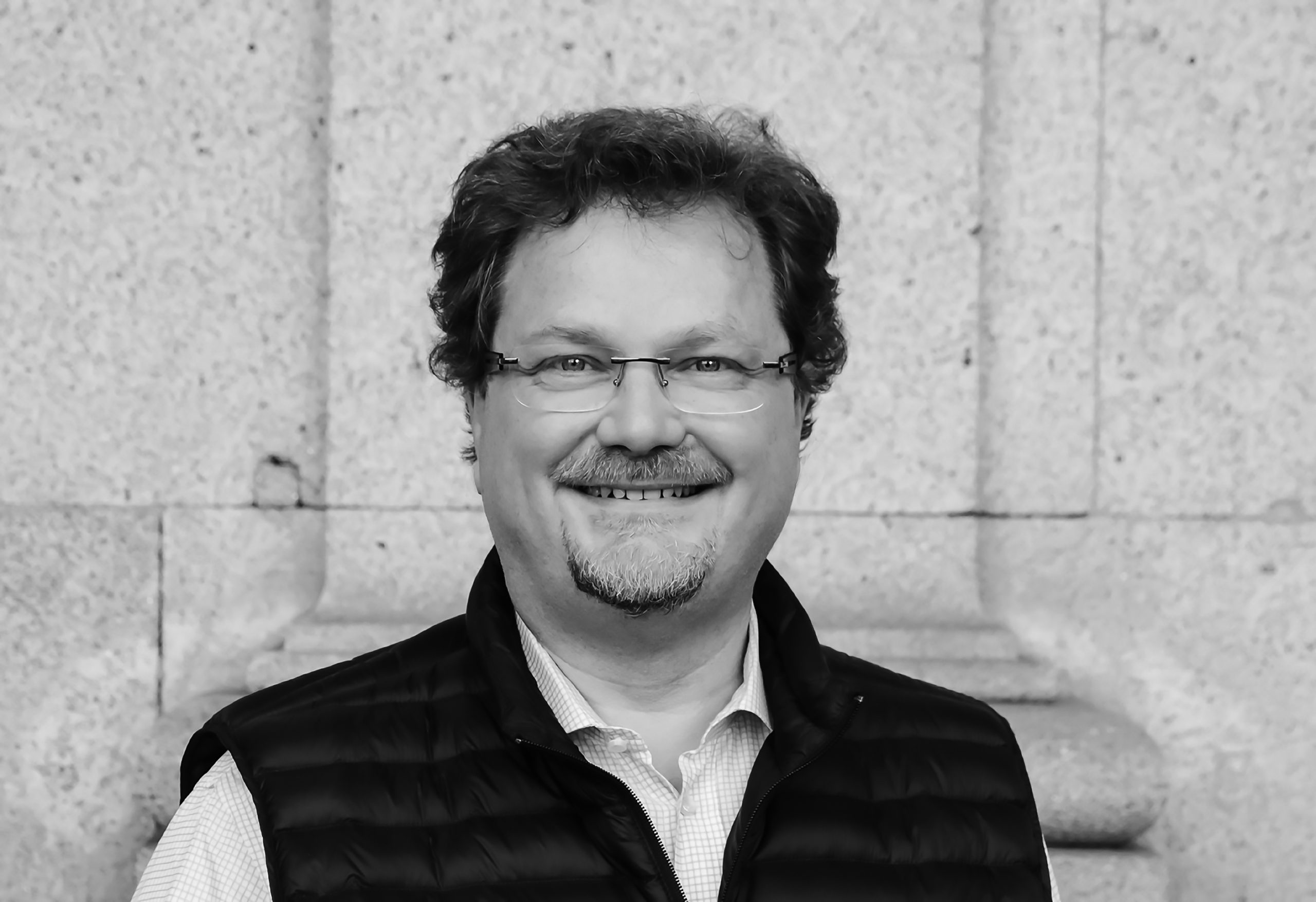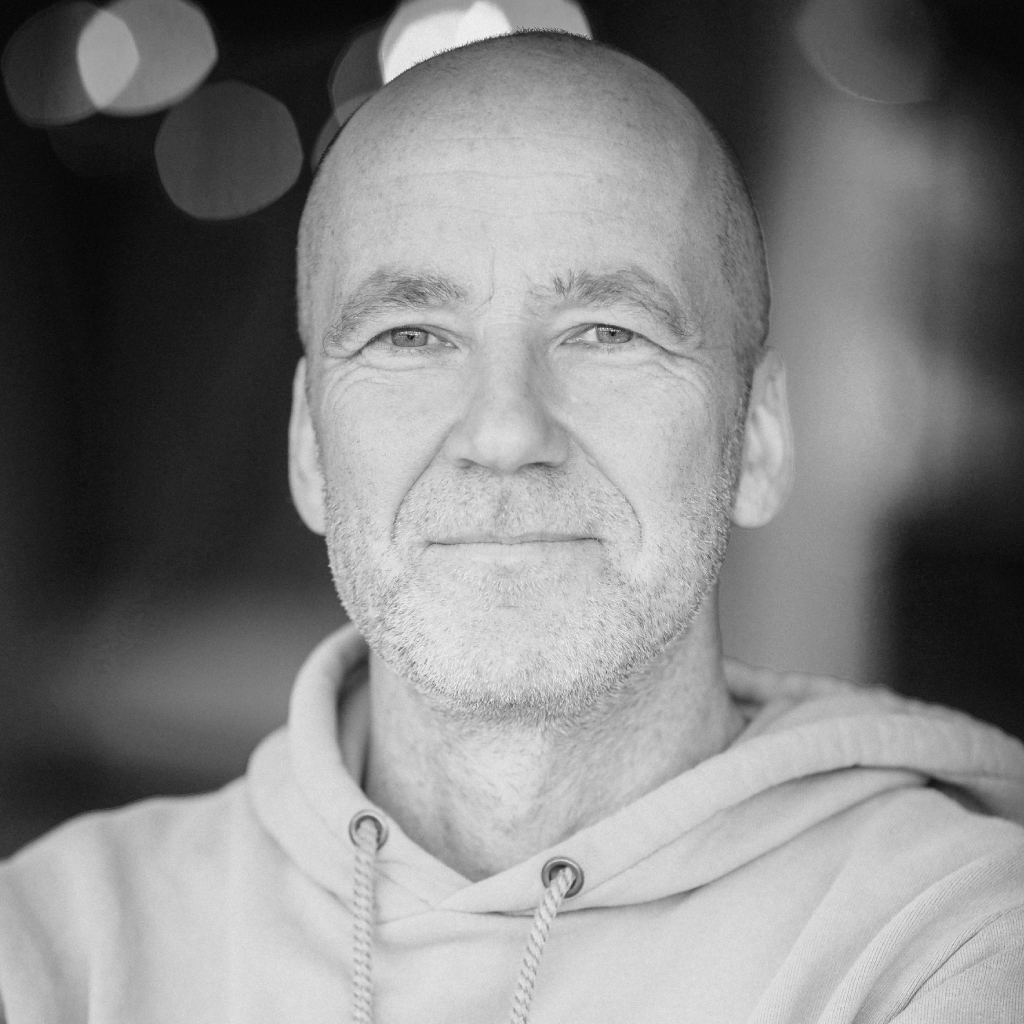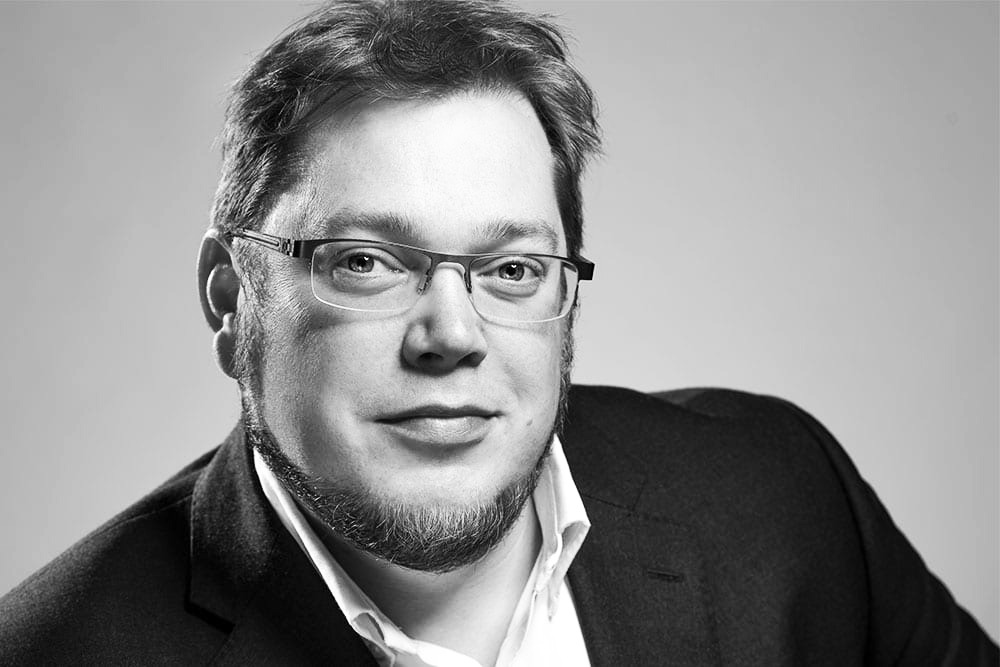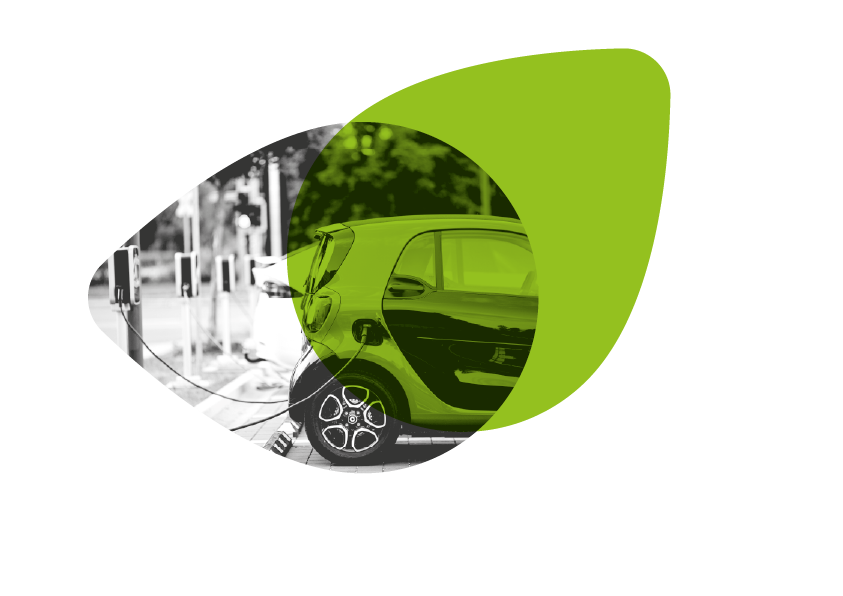GreenEarthX, is committed to globally transitioning to eco-friendly fuels, countering the detrimental effects of fossil fuel dependence.
Kiel, Dec 13th
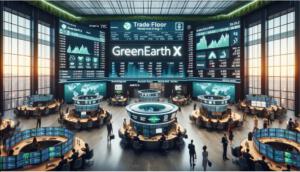
To realize this vision, the project will form local units in Asia, Europe, and the Americas. These units will spearhead efforts in managing global supply and demand for eco-friendly projects, ensuring transparency in pricing, volumes, and financial data. The initial teams will set up open orchestration center floors in major markets by mid-2024, providing reliable data, trust-building mechanisms, standardized procedures, and contracts.
The renewable energy market, particularly in the hydrogen sector, faces a significant information deficit. Rapid advancements in technology, frequent new alliances, and a barrage of announcements contribute to a landscape of often inaccurate and outdated information.
„We expect a major shift in both the financial and energy sectors, with the dominant role of index providers and the rise of green hydrogen becoming a central force in the energy transition. We ask for firm attention to the crucial role of clarity, regulatory frameworks and innovative financial instruments that must support the expansion of green energy sectors if we are to meet climate targets. In addition, we should emphasize the potential of smart finance and insurance solutions to underpin the financing in this area to secure the necessary and projected global market growth.“ said Olaf-Gerd Gemein, Co-Founder of Impact Funding Europe.
Europe’s energy policy has been significantly influenced by networks made up of the gas industry, lobby groups and political decision-makers. These networks also received targeted support from authoritarian governments in gas-producing countries such as Russia and Azerbaijan. Both the federal and state governments have often been one-sided in their liaising with the gas industry.
As a result of these close relationships, previous federal governments focused too heavily on Russian gas, which made Europe vulnerable. In the process, the urgently needed switch to renewable energies was neglected. The consequences for society are devastating there is a threat of far-reaching climate damage and billions in bad investments that will ultimately have to be borne by taxpayers, as well as massive price increases and potential supply bottlenecks. The new German government has set itself the goal of countering this situation.
In this young market, there is a lack of instruments for risk limitation, capitalization and, in view of the challenges, sufficient investment and capital.
To bring together the expected decentralized demand and supply across countries and continents, transparent and practicable instruments are needed that also include transport, development and trade policy, currency imbalances and financing. Despite all the complexity, this is also an opportunity to develop fair markets that are not dominated by cartels and fossil fuel business practices as has been the case to date.
Where there is energy, there is prosperity –
but also vice versa: a lack of access to affordable energy causes severe economic damage, flight, displacement, war, and poverty – even more so in the future than today. In order to avoid energy colonialism, information deficits and trade structures must be reorganised to enable new economic models and opportunities for balancing interests.
“Colonialism may have formally ended, but it continues in forms such as these and at various levels. Most of the economies of the periphery or the global South are subordinated to a deeply unjust global division of labour. This is because the global South serves as a supplier of cheap resources and a reservoir of cheap labour on the one hand, and as an export market for the industrialized economies on the other”1.
Green hydrogen: the backbone for the new standard
With the introduction of the GreenX orchestration services, the project aim breaking new ground in the global energy landscape. This step is not only a sign of technological progress, but also a paradigm shift for the market transparency of green hydrogen and other carbon-based liquid petrochemical products. The trade floor, a global pioneer in its field, reflects the opportunities set by producers and consumers of green hydrogen worldwide, setting a new standard in a global market that is about to define the future of energy.
“GreenEarthX will assume the role of neutral facilitator in this international concert and provide globally available information according to the “data trustee” model. This will make us an enabler for various urgently needed services in the financial and insurance sectors, as well as suppliers and consumers of green energy.” said Co-Founder Dr. Peter Schottes, also member of the European H2 ThinkTank, at the global teams meeting on December 8th in Germany.
A clear view of the market
All suppliers, especially small and decentralized suppliers such as biorefineries, will benefit from the new opportunities: Transparency and conditioning mean that producers and distributors of green energy can base their development and sales strategies on solid data and secure off-take markets. Better market insights enable them to strategically plan investment and production decisions, paving the way for financing investment costs. Financial instruments also provide a hedge against volatility by acting as a benchmark for financial swaps and hedging instruments. This allows for more effective risk management and promotes stable pricing – a key advantage in a fast-moving market that still struggles with wide spreads and uncertainty.
“Being the market orchestrator for green and clean energy alternatives, GreenEarthX is committed to bring genuine green projects online to ensure we meet our commitment to the environment. If you trade a green molecule on our platform, it will be “green” – not greenwashed” said Dr. Sumit Chaudhury, Founder and initiator of GreenEarthX.
Kiel, Germany, 2023 December, 13th
Olaf-Gerd Gemein, Impact Architect
Co-founder , www.greenearthX.com
